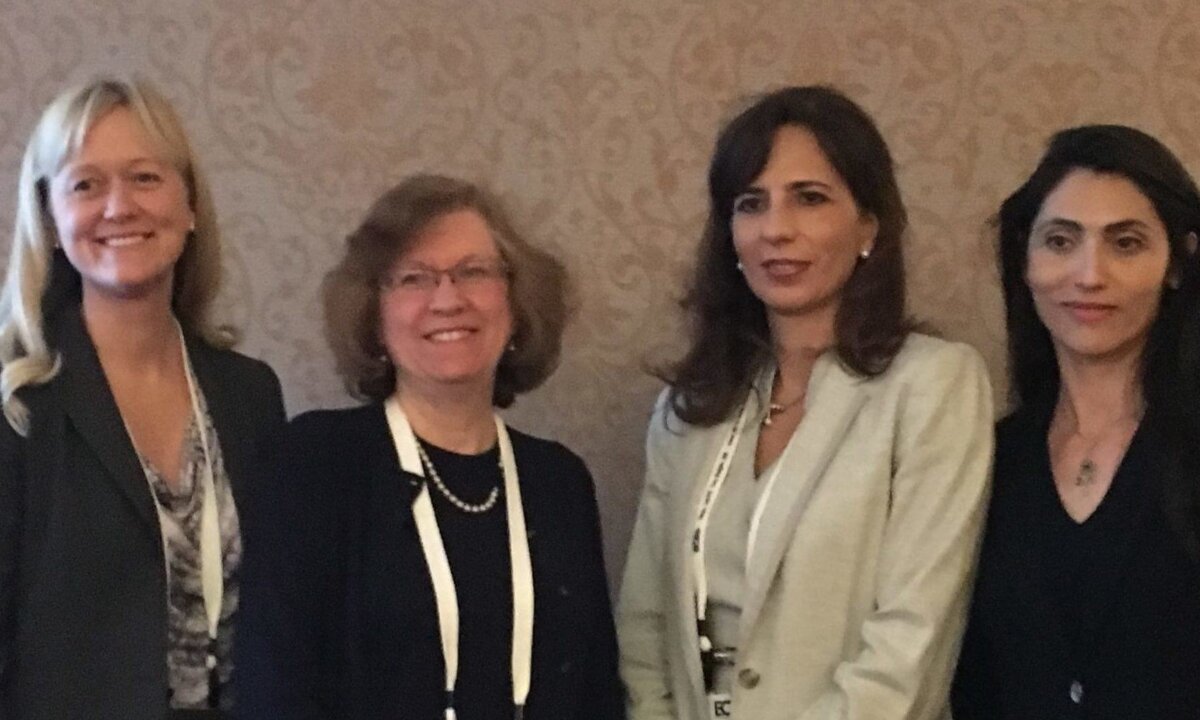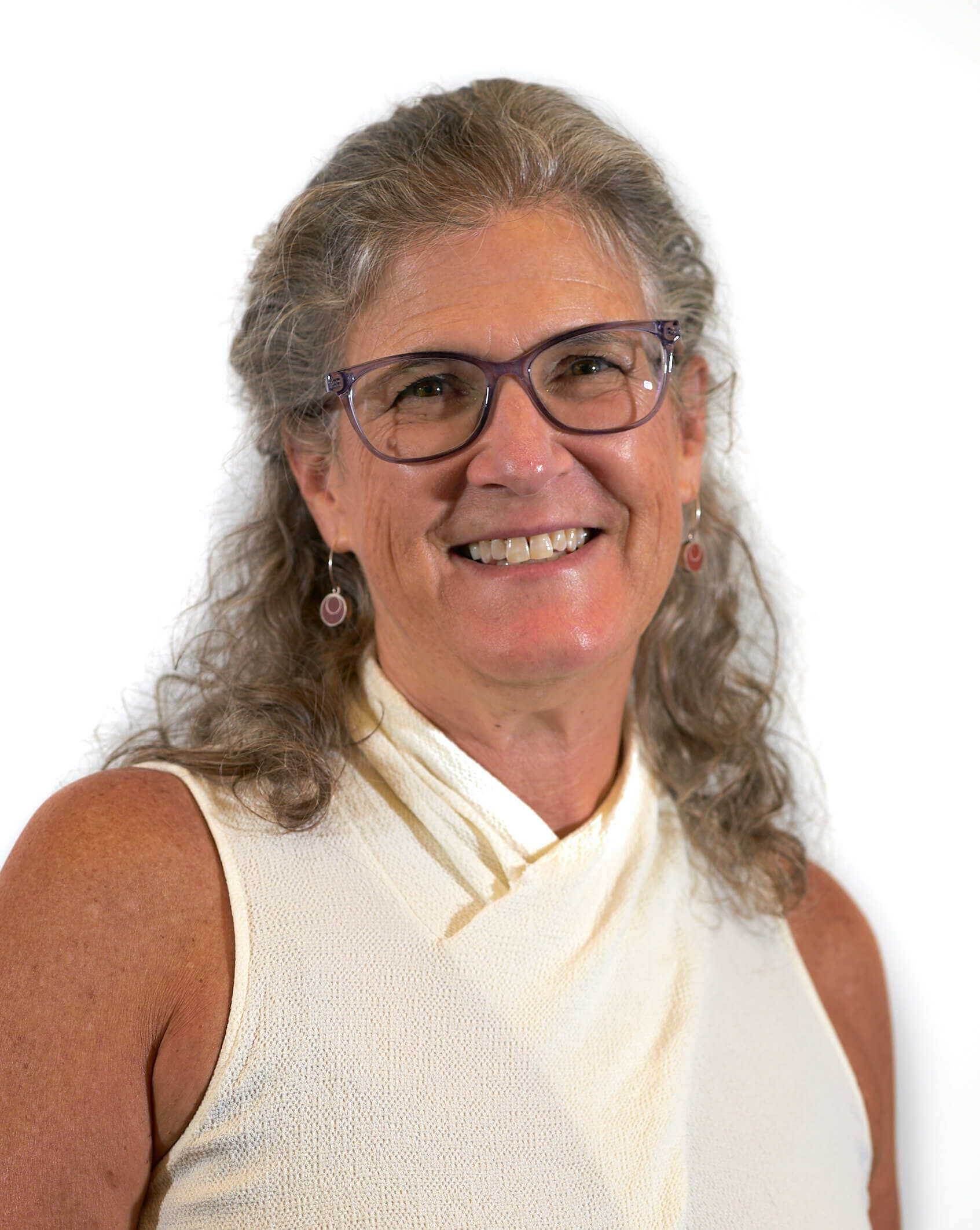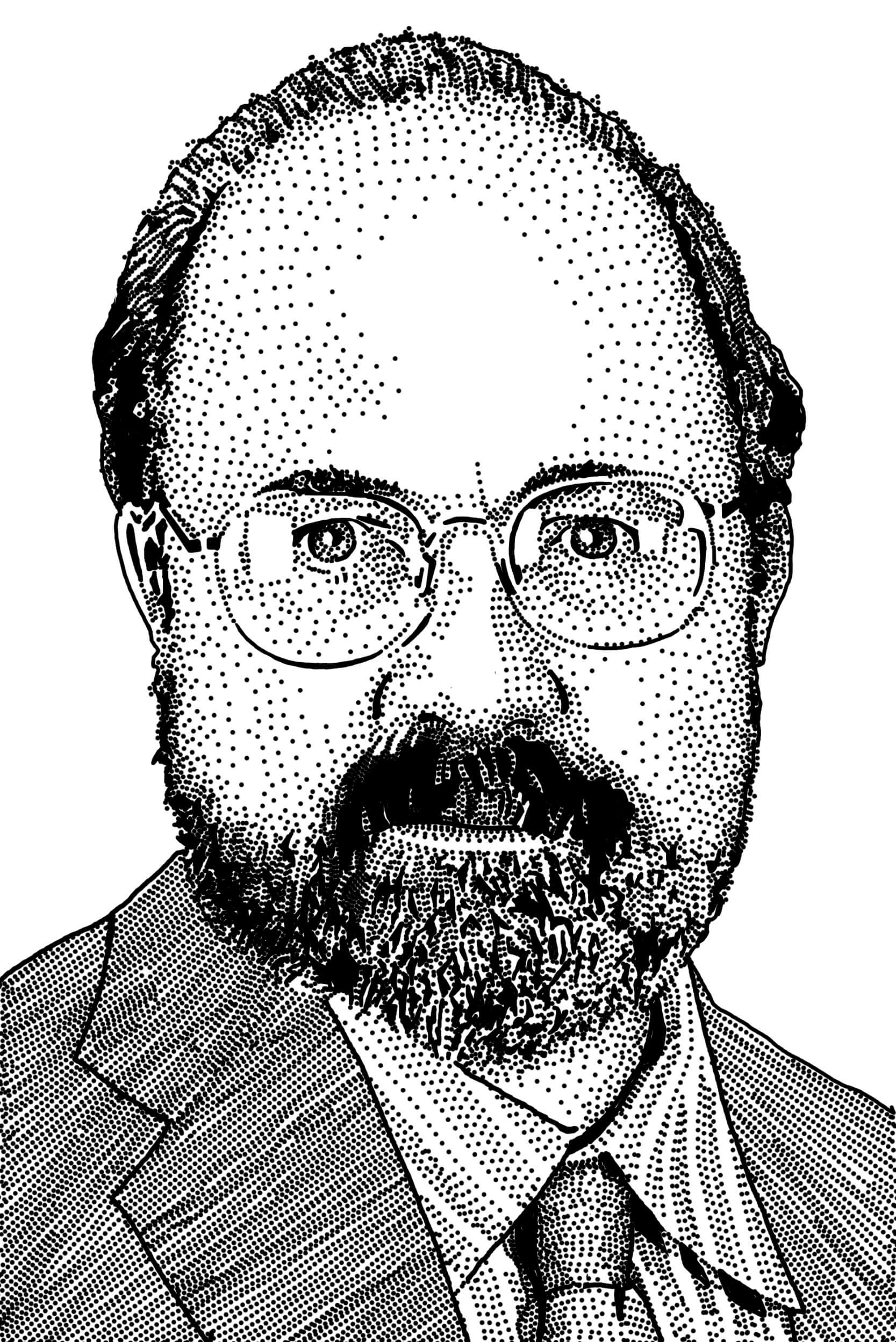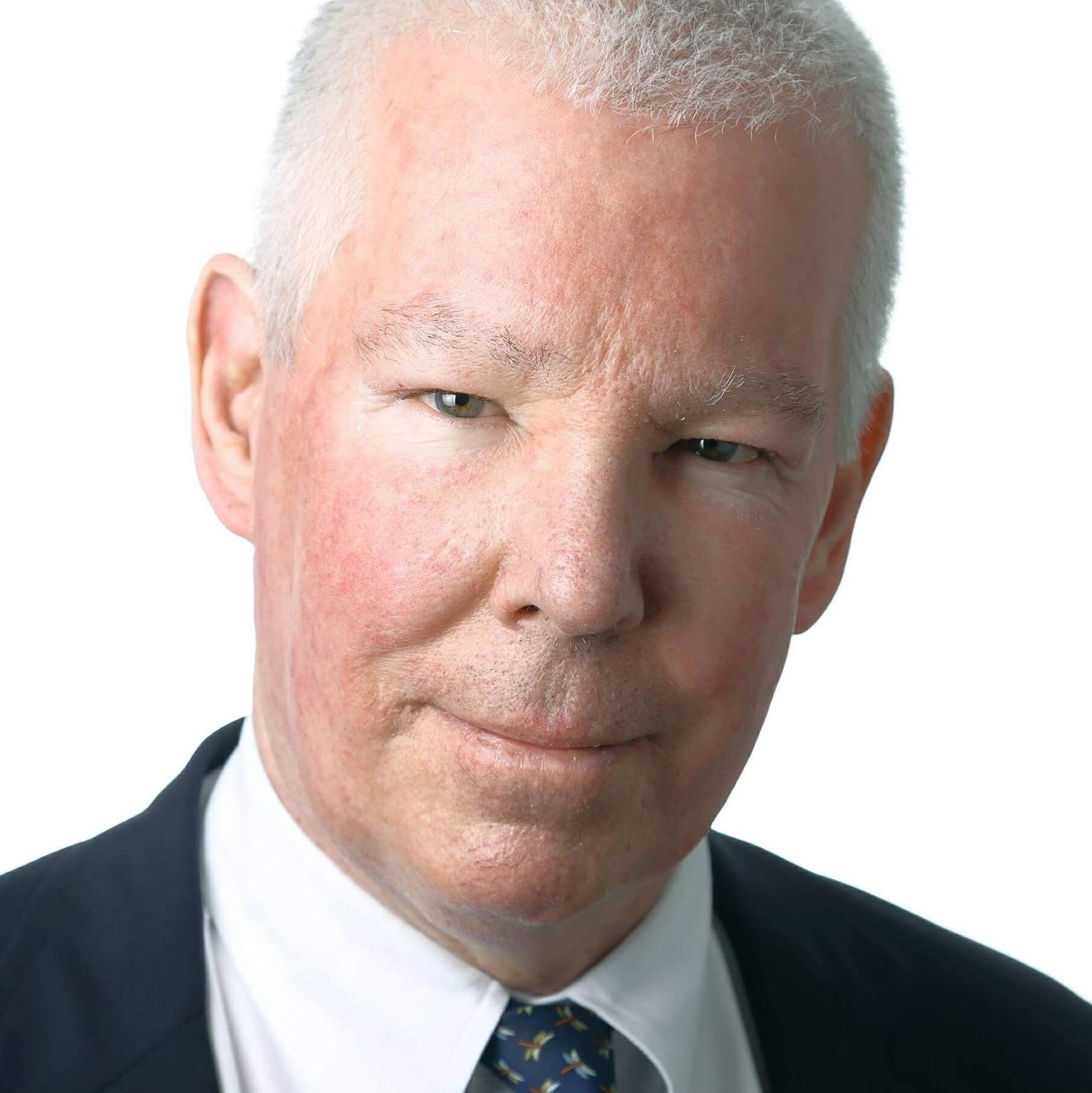For the second consecutive year, Beth Keser, Qualcomm, organized and moderated the CMPT Woman’s Panel and Reception as part of ECTC’s special sessions. This year’s topic was titled, Maximize your Career Potential. Panelists included Jan Vardaman, founder, and president of TechSearch International, Inc; Rebeca Jimenez, SVP, Amkor Technology, Inc.; and Maryam Rofourgaran, former SVP of engineering at Broadcom and seasoned entrepreneur. Despite the title, the event was not exclusively for women, and it was a pleasant surprise once again to see the number of men who attended and took an interest in the topic.
The panelists shared their experiences of working and moving up the ladder of success to hold executive positions in a field that has historically been dominated by men, particularly at the executive level. They also offered tips on how to make that climb.
On their mentors and sponsors that led to success:
Vardaman said the support she received from various mentors has inspired her to “pay it forward” by offering internships to help young women get started. One area in particular that she provides guidance is in negotiating starting salaries. Her advice to women on this topic “Ask for 10K more than what they are offering. Women are being underpaid across many industries.”
Jimenez, who has a degree in electrical engineering, credits her older brother as her mentor and worked alongside him for 20 years of her career. What was the most significant thing she learned from him? “Always be humble. It’s about what you do, not what you say.” She also said that different managers through different jobs provided informal mentoring. “People who believed I could do what I didn’t know I could do. This has helped push me forward,” she said.
“As I’ve gone through different stages, my mentors have changed, as well as people who provided inspiration,” said Rofougaran. She includes Albert Einstein, Bill Gates, and Steve Jobs as role models. “They weren’t actually there to be mentors, but they motivated me a lot,” she said. “When I was in high school, I used to imagine myself getting a Nobel Prize.” More than anyone else, however, Rofougaran says her mother was her mentor, because of the way she raised her and her brother. “She taught us to be independent and believe in ourselves,” she said. “We grew up in Iran. She was always encouraging us and motivating us, saying there was nothing we couldn’t do.”
On their recommendations for young women who want to explore tech fields:
Noting that when she was young, women were not encouraged to go into engineering, so Vardaman said she didn’t see that as an option and got a degree in economics. “If you’re interested in sciences, find volunteer activities you can participate in and learn about your field of interest. There’s more available than there was 40 years ago,” she advised.
Jimenez noted that while girls perform better in math and science in middle school, they fall behind in high school because it’s not “cool to be a girl that’s good at math and science.”
Rofougaran agreed and added that it would help to capture girls’ interest if the programs were designed to be more interesting with a combination of games and drawing as part of how to learn coding and programming. Schools could help a lot by encouraging girls to go into science.
Keser recommended encouraging and enforcing an interest in the sciences. Once a month at Qualcomm, she said they offer young women the opportunity to learn some background knowledge with a female instructor to develop the skills needed to succeed in engineering in college. Why specifically women? “Boys have been doing these things all through their life. Girls haven’t been encouraged,” she explained, adding that there’s also a girls-only robotics team to even the playing field, and so the girls don’t have to compete with an aggressive boy to do all the work.
On how they handle career failures and setbacks:
“We learn from our successes; but we learn more from our failures because you analyze why you failed, try to learn from it, and move on,” said Jimenez.
Rofougaran pointed out that whoever else who took over that job could have failed too. “If you can learn from it, you’ll learn how to not fail the next time,” she said.
For her response, Vardaman shared an anecdote: When she turned in her resignation at MCC, where she served as international liaison, and told them she was going to start her own company, they tried to discourage her from doing that, and asked where she got the money to start her own company. “The made the assumption I would fail. So I worked extra hard, and when MCC eventually closed, I went in and bought all the scrap furniture.”
On what male leaders should do more or less of to help develop future female leaders:
Be encouraging, said Vardaman; not just to women, but for all young people. Stop to help young people get started and teach them the ropes of being successful.
Jimenez noted that all of her mentors were men. “They believed in me more than I believed in myself,” she said. She said men should encourage women to take responsibility for their jobs.
Keser recommended not promoting women too early just because they are women. Allow them to build technical competence for the first five or 10 years to lay the groundwork for the future.
Some final words of advice:
• Don’t wait to be promoted. Let your manager know what you want to do with your career.
• Network with other women. Take the time to go out to lunch and build relationships. It goes further than sitting in your cube to get work done.
• Volunteer in local CMPT events and develop contact outside your own company.
• Go outside your comfort zone. Opportunities will present themselves.
Thanks to Keser, for organizing this event, and to all the panelists, for sharing your experiences. You are insprirations to all, and I’m proud to call you my SemiSisters! ~ FvT






















